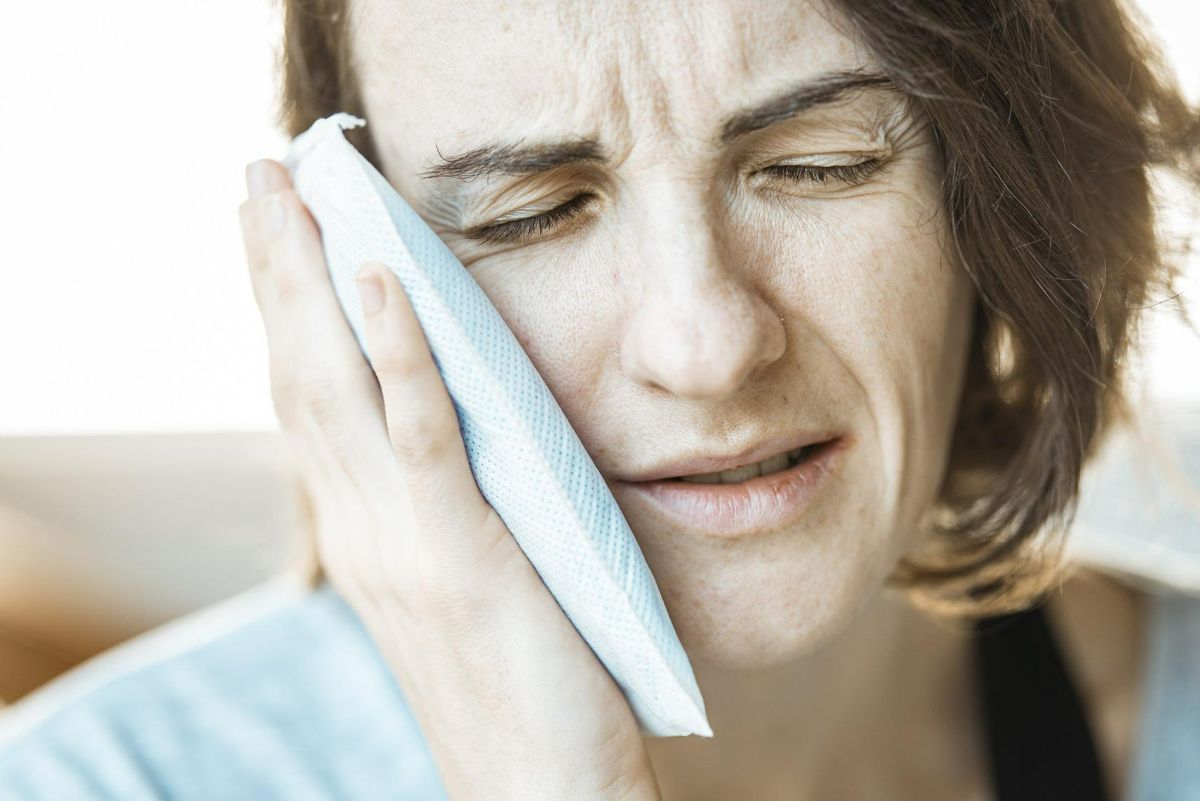Cancer treatment: Therapies used in the treatment of cancer can have adverse effects on the human body. Chemotherapy and radiation therapy can cause mouth ulcers and affect the health of the salivary glands and teeth and gums. Cavities, broken or chipped teeth, improperly placed crowns or fillings, and gum disease can worsen during cancer treatment. During treatment, as the white blood cell count decreases, the immune system fails to function at its full potential, leading to mouth infections. Visiting the dentist before, during and after cancer treatment is highly recommended to prevent unexpected oral health complications.Also Read – Early Symptoms of Lung Cancer and When to Get Tested – What You Need to Know to Stay Safe!
Below are some of the best oral care hygiene practices for individuals undergoing cancer treatment: Also Read – Horoscope today, July 19, Tuesday: Health will deteriorate for Cancer, avoid investing in business
- Tooth-brushing twice a day with an ultra-soft, nylon-bristled toothbrush (with regular toothbrush changes) is recommended.
- If oral hygiene procedures become uncomfortable one can soften the bristles in warm water or switch to an ultra-soft toothbrush to ensure mechanical oral disinfection continues for as long as possible during cancer treatment.
- Tooth-brushing should be supplemented by daily dental flossing to avoid tissue injury. If using regular floss is challenging, specially designed floss holders or interdental brushes may be prescribed.
- Except for patients using fluoridated toothpaste, dentists may apply fluoride varnish if the patient’s ability to perform oral care is compromised or the risk of dental caries is increased due to decreased salivation. The American Dental Association (ADA) recommends using fluoride varnish 2 to 4 times a year to prevent cavities in high-risk patients.
- When patients cannot perform daily oral hygiene due to oral pain, chlorhexidine mouthwash is the first product of choice due to its superior antiplaque and persistent antimicrobial action.
- Patients can use an interdental brush dipped in chlorhexidine gel to clean the areas between teeth, crowns and bridges to ensure good oral health.
- Cancer patients undergoing radiation or chemotherapy may need other interventions to improve their quality of life.
What is oral mucositis and how does it affect cancer patients?
Oral mucositis is a common complication during cancer treatment, causing inflammation and ulceration in the mouth. Typical symptoms include soreness, burning and redness in the mouth. Mucositis occurs about 7 to 10 days after receiving the drug in patients receiving chemotherapy. Ulcers and inflammation persist for a week or two and heal. Patients receiving radiation therapy for head and neck cancer usually develop mucositis within the first 2 to 3 weeks of radiation therapy, which persists throughout the remainder of treatment. Ulcers usually heal two to four weeks after radiation therapy is completed. Also Read – Sonali Bendre revisits US hospital where she was treated for cancer: ‘I felt like telling patients there is hope’
Oral mucositis adversely affects essential life activities, and these patients have difficulty eating, speaking, swallowing, and sleeping comfortably. Benzydamine hydrochloride gargle is recommended in oral mucositis as its local anti-inflammatory action helps relieve pain and inflammation in the mouth and throat. Natural products such as curcumin (turmeric) and honey also show great promise in the management of oral mucositis.
Why do cancer patients experience dry mouth after treatment?
Dry mouth is another common complication after cancer treatment. In addition to impairing daily activities such as eating and speaking, dry mouth increases the risk of dental cavities due to the lack of salivary protection for the teeth. In such cases, hydration with saliva substitute to keep the oral mucosa moist and lubricated is helpful for effective management of dry mouth. Saliva substitutes reduce surface friction and help patients eat, sleep and speak comfortably.
Following these practices should help cancer patients maintain optimal oral hygiene and good oral health during and after cancer treatment. However, considering that everyone is different, a dentist should be seen for regular follow-ups.
— Dr. Rajeev Chitguppy, Head of Research and Innovation, ICPA Health Products Ltd. with inputs.
